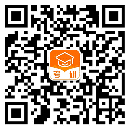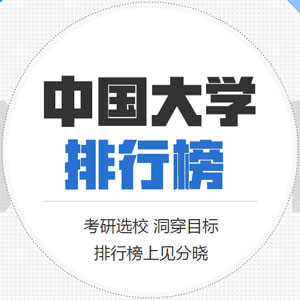Section I Use of English
Directions:
Read the following text. Choose the best word(s) for each numbered blank and mark A, B, C or D on ANSWER SHEET 1. (10 points)
Given the advantages of electronic money, you might think that we would move quickly to the cashless society in which all payments are made electronically. 1 a true cashless society is probably not around the corner. Indeed, predictions have been 2 for two decades but have not yet come to fruition. For example, Business Week predicted in 1975 that electronic means of payment would soon "revolutionize the very 3 of money itself," only to 4 itself several years later. Why has the movement to a cashless society been so 5 in coming?
Although electronic means of payment may be more efficient than a payments system based on paper, several factors work 6 the disappearance of the paper system. First, it is very 7 to set up the computer, card reader, and telecornmunications networks necessary to make electronic money the 8 form of payment Second, paper checks have the advantage that they 9 receipts, something that many consumers are unwilling to 10 . Third, the use of paper checks gives consumers several days of "float" - it takes several days 11 a check is cashed and funds are 12 from the issuer's account, which means that the writer of the check can cam interest on the funds in the meantime. 13 electronic payments arc immediate, they eliminate the float for the consumer.
Fourth, electronic means of payment may 14 security and privacy concerns. We often hear media reports that an unauthorized hacker has been able to access a computer database and to alter information 15 there. The fact that this is not an 16 occurrence means that dishonest persons might be able to access bank accounts in electronic payments systems and 17 from someone else's accounts. The 18 of this type of fraud is no easy task, and a new field of computer science is developing to 19 security issues. A further concern is that the use of electronic means of payment leaves an electronic 20 that contains a large amount of personal data. There are concerns that government, employers, and marketers might be able to access these data, thereby violating our privacy.
1. [A] However [B] Moreover [C] Therefore [D] Otherwise
2. [A] off [B] back [C] over [D] around
3. [A] power [B] concept [C] history [D] role
4. [A] reward [B] resist [C] resume [D] reverse
5. [A] silent [B] sudden [C] slow [D] steady
6. [A] for [B] against [C]with [D] on
7. [A] imaginative [B] expensive [C] sensitive [D] productive
8. [A] similar [B] original [C] temporary [D] dominant
9. [A] collect [B] provide [C] copy [D] print
10. [A] give up [B] take over [C] bring back [D] pass down
11. [A] before [B] after [C] since [D] when
12. [A] kept [B] borrowed [C] released [D] withdrawn
13. [A] Unless [B] Until [C] Because [D] Though
14. [A] hide [B] express [C] raise [D]ease
15. [A] analyzed [B] shared [C] stored [D] displayed
16. [A] unsafe [B] unnatural [C] uncommon [D] unclear
17. [A] steal [B] choose [C] benefit [D] return
18. [A] consideration [B] prevention [C] manipulation [D] justification
19. [A] cope with [B] fight against [C] adapt to [D] call for
20. [A] chunk [B] chip [C] path [D] trail
① 凡本站注明“稿件来源:教育在线”的所有文字、图片和音视频稿件,版权均属本网所有,任何媒体、网站或个人未经本网协议授权不得转载、链接、转贴或以其他方式复制发表。已经本站协议授权的媒体、网站,在下载使用时必须注明“稿件来源:教育在线”,违者本站将依法追究责任。
② 本站注明稿件来源为其他媒体的文/图等稿件均为转载稿,本站转载出于非商业性的教育和科研之目的,并不意味着赞同其观点或证实其内容的真实性。如转载稿涉及版权等问题,请作者在两周内速来电或来函联系。






 教育在线
教育在线



















